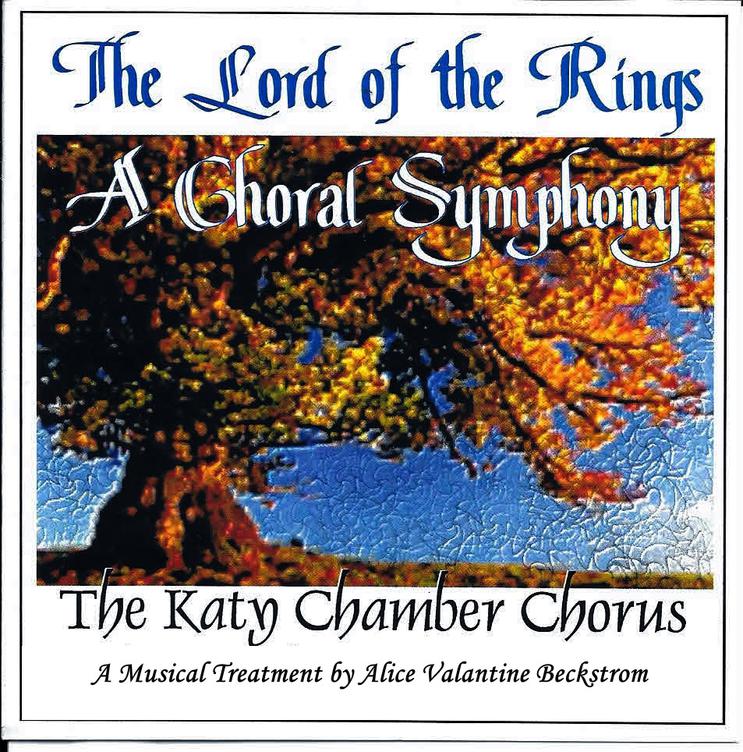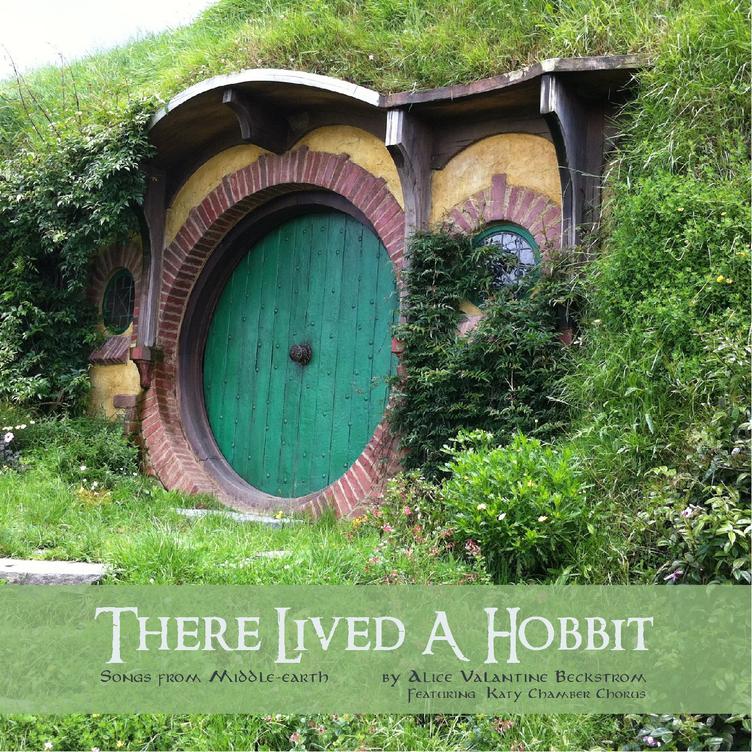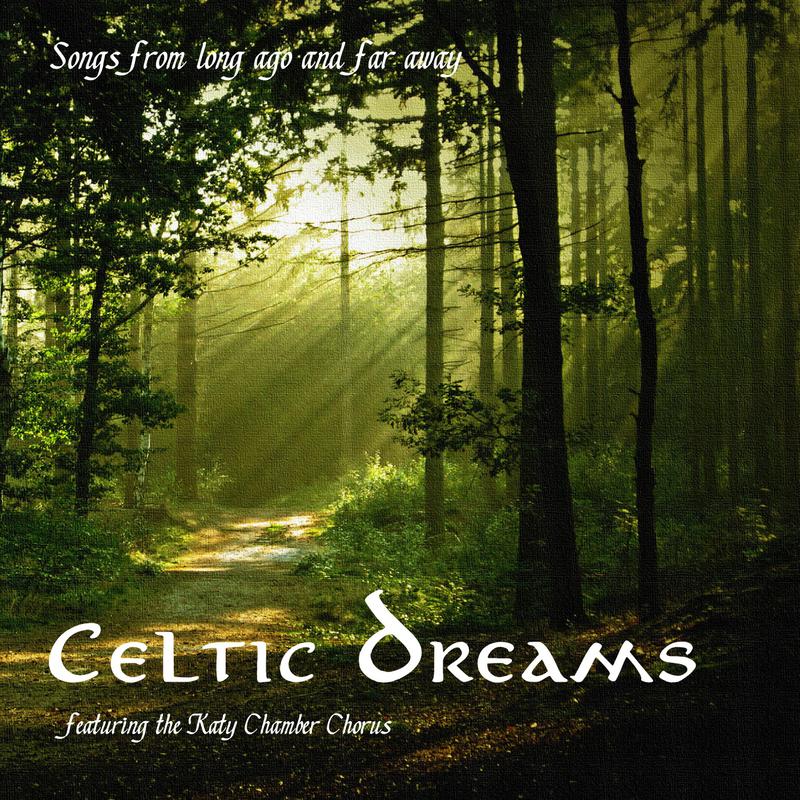A Tolkien Pronunciation Guide:
Lord of the Rings – A Singer's Guide to the Languages of Middle Earth
Compiled by Alice Valantine Beckstrom ©2004
Rules for Vowels:
Hint: for unstressed vowels, use Roman-Latin pronunciation and no diphthongs
Unstressed or Unaccented Vowels:
• a (ah) as in blah or bought
a (ah) as in blah or bought
• e (eh) as in bed or pled
e (eh) as in bed or pled
• i (ih) pronounced as the English peat, but shorter; French lit; German vital.
i (ih) pronounced as the English peat, but shorter; French lit; German vital.
• o is roughly English (but not American!) pot; French comme; German Topf.
o is roughly English (but not American!) pot; French comme; German Topf.
• u is the sound of boot, but shorter; French ou; German Uran.
u is the sound of boot, but shorter; French ou; German Uran.
• y in Sindarin only, this is a vowel, pronounced like the vowel i
y in Sindarin only, this is a vowel, pronounced like the vowel i
The long vowels are pronounced thus:
• á, í, ú: just like the short vowels, but longer! (About twice as long, if you want a guide figure, but just do whatever your own
á, í, ú: just like the short vowels, but longer! (About twice as long, if you want a guide figure, but just do whatever your own
language does.)
• é is pronounced a little `closer' than e. The first part of the diphthong in English may; a long version of French é; or German Tee.
é is pronounced a little `closer' than e. The first part of the diphthong in English may; a long version of French é; or German Tee.
• ó is similarly pronounced closer than o. English paw (but closer); French hôte; German Sohn.
ó is similarly pronounced closer than o. English paw (but closer); French hôte; German Sohn.
• ý, In Sindarin, as in i but hold longer.
ý, In Sindarin, as in i but hold longer.
(When a circumflex accent is used, pronounce it the same but hold it even longer)
Exceptions/ Diphthongs / Diaeresis:
• Exceptions:
Exceptions:
There are 3 exceptions pertaining to vowels when preceded by the letter "r": er (like English air, German mehr), ir (like English ear,
German bier), ur (like English tour, German fur).
• Diphthongs:
Diphthongs:
Quenya has a set of six diphthongs (note that all other pairs of vowels should be pronounced separately). They are: ai, oi, ui, au,
eu, iu. In each case, pronounce the first vowel strongly, and glide into the second (except for iu, where is it also acceptable to glide
from a weak i to a strong u -- that is a Third Age pronunciation).
Sindarin also has a set of six diphthongs. They are: ai, ae, ei, oe, ui, au. The same pronunciation rules apply to these diphthongs.
• Diaeresis:
Diaeresis:
Tolkien used the diaeresis sign in order to remind English speakers that the vowel should always be pronounced at the end of words
(as in aurë), and, that combinations such as ea are two sounds (as in Aldëa, or hísië), not a diphthong. Since this is completely
unnecessary, it's usual not used in articles on Tolkienian linguistics.
Rules For Consonants
Hint: think Roman-Latin for Elvish & Adûniac; German-Latin for Khuzdûl,
Rohirric & Black Speech, making BS very harsh, aspirated and dark.
*Sindarin consonants change when as the initial consonant it is preceded by
the article i (the), preposition na (to, toward) or certain prefixes.
Quenya, Sindar (both Elvish) & Adûniac


 Khuzdûl (Dwarvish), Rohirric & Black Speech (Language of Mordor)
Khuzdûl (Dwarvish), Rohirric & Black Speech (Language of Mordor)
B
 as in bat (*Sindarin: sometimes changes to V)
as in bat (*Sindarin: sometimes changes to V)

 Voiced and plosive
Voiced and plosive
C
 as in car (*S: sometimes changes to G)
as in car (*S: sometimes changes to G)



 Spelled with a K
Spelled with a K
CH  as in Bach
as in Bach






 Spelled with a KH
Spelled with a KH
D
 as in dog (*S: sometimes softens to TH)
as in dog (*S: sometimes softens to TH)
DH as in these (also like a Spanish D)
as in these (also like a Spanish D)
F
 when at the end of a word, change to V
when at the end of a word, change to V

 Unvoiced spirant (Rohirric – change to V when in middle of word)
Unvoiced spirant (Rohirric – change to V when in middle of word)
G as in gate (*S: sometimes softens to H, except see NG)
as in gate (*S: sometimes softens to H, except see NG)
 Usually silent
Usually silent
GH N/A
N/A







 Voiced spirant
Voiced spirant
H
 as in house
as in house
HL, LH unvoiced L







 Rohirric: unvoiced L
Rohirric: unvoiced L
HT as in German acht, except when after E or I then German ich
as in German acht, except when after E or I then German ich  As the German, acht
As the German, acht
HW unvoiced as in white
unvoiced as in white







 Rohirric: unvoiced W as in high
Rohirric: unvoiced W as in high
HY
 unvoiced Y as in huge
unvoiced Y as in huge
K, KH N/A
N/A









 heavily aspirated
heavily aspirated
L
 soft as in let
soft as in let








 lateral as in loathe
lateral as in loathe
M
 as in man (*S: sometimes changes to V)
as in man (*S: sometimes changes to V)


 add nasal
add nasal
N
 as in neigh
as in neigh








 add nasal
add nasal
NG as in finger, except at end of word: as in singer
as in finger, except at end of word: as in singer
P
 as in pat (*S: sometimes changes to B)
as in pat (*S: sometimes changes to B)
PH f, but in middle of word: ff
f, but in middle of word: ff
QU as in quote
as in quote








 Rohirric: spelled CW instead of QU
Rohirric: spelled CW instead of QU
R
 always flipped or rolled
always flipped or rolled







 Khuzdûl & BS: a heavily rolled back or uvular R
Khuzdûl & BS: a heavily rolled back or uvular R
RH unvoiced R (S: voice the R and add H)
unvoiced R (S: voice the R and add H)
S
 s as in geese (exception: SH as in sheep)
s as in geese (exception: SH as in sheep)



 unvoiced spirant (Rohirric: Z when in middle of word)
unvoiced spirant (Rohirric: Z when in middle of word)
SC N/A
N/A









 Rohirric: as in sheep
Rohirric: as in sheep
T
 as tan (*S: sometimes changes to D)
as tan (*S: sometimes changes to D)



 Khuzdûl: aspirated
Khuzdûl: aspirated
TH cloth, think
cloth, think








 Khuzdûl: aspirated stop
Khuzdûl: aspirated stop
TY similar to the T in tune
similar to the T in tune
Y
 as in you (*S: it becomes a vowel)
as in you (*S: it becomes a vowel)
Z
 N/A
N/A










 Sound of the English Zed
Sound of the English Zed
* Double consonants such as LL, NN, SS, TT are held longer


